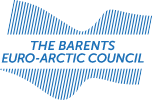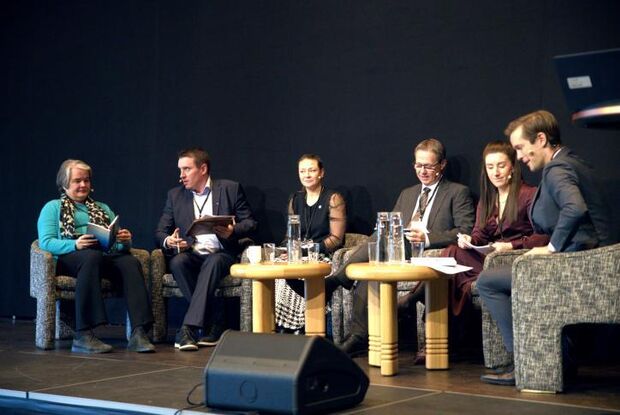Joint Statement of Finland, Denmark, Iceland, Norway, Sweden and the European Union regarding Barents Euro-Arctic cooperation
Finland, Denmark, Iceland, Norway, Sweden and the European Union have condemned in the strongest possible terms Russia's unprecedented military aggression against Ukraine.
The Barents Euro-Arctic Council is built upon the Kirkenes Declaration of 1993, which states that “cooperation in the Barents Euro-Arctic Region will contribute substantially to stability, progress, international peace and security in the area and in Europe as a whole, where partnership is now replacing the confrontation and division of the past”. In 2013, the Heads of Government met in Kirkenes, and declared that they “saw the Barents cooperation as part of the process of evolving European cooperation and integration”. The unique structure of Barents Euro-Arctic cooperation encompasses national and regional authorities as well as indigenous peoples and youth, covering a wide range of sectors.
In light of Russia’s blatant violation of international law, breach of rules-based multilateralism and the principles and objectives of the Barents Euro-Arctic Council Finland, Denmark, Iceland, Norway, Sweden and the European Union have no other choice than to suspend activities involving Russia in the Barents Euro-Arctic cooperation. We remain convinced of the enduring value of Barents Euro-Arctic cooperation, and reiterate our support for this institution and its work.








